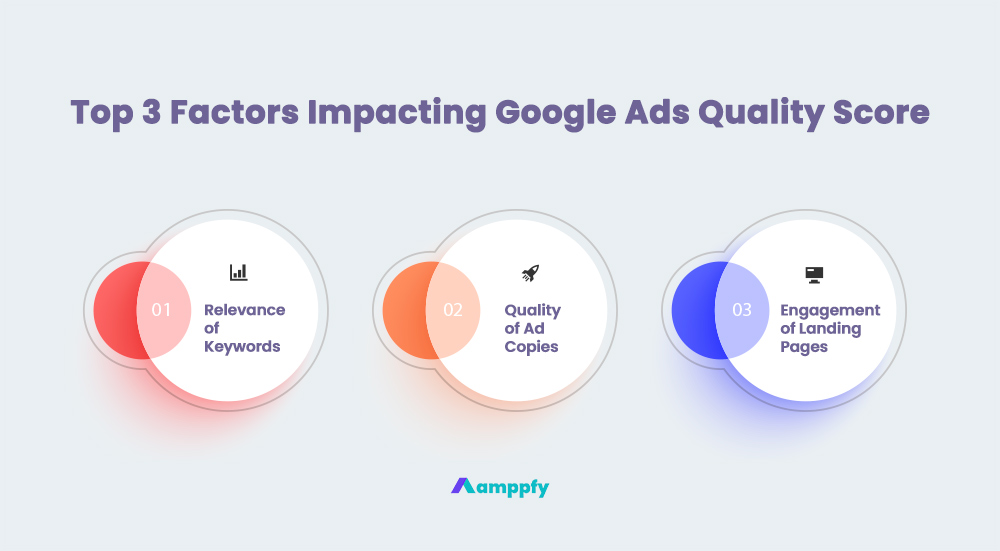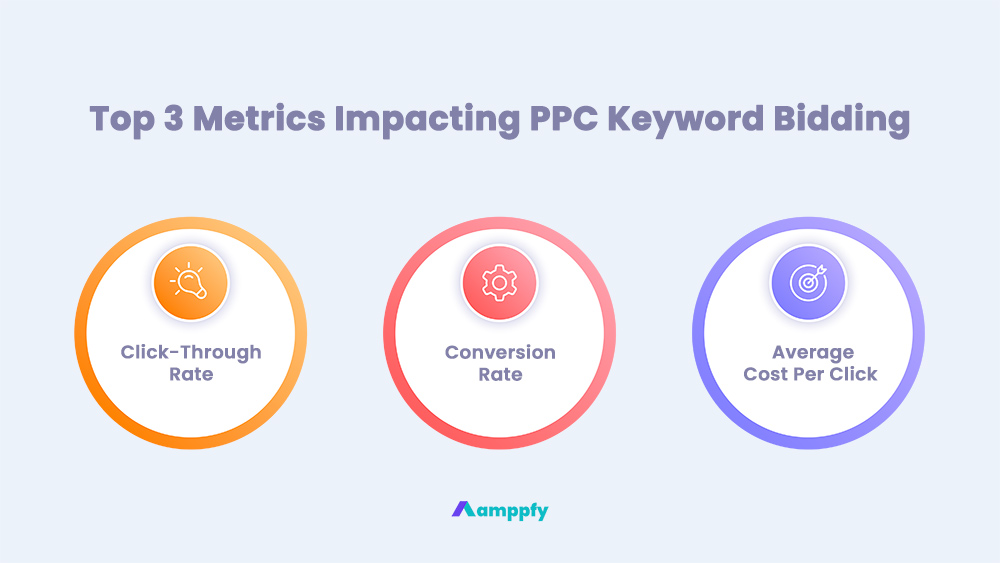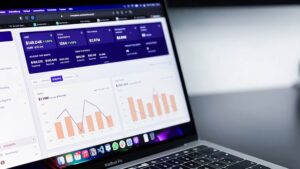Share via:

-
Save
What is PPC Marketing?
PPC marketing, or pay-per-click, is a form of online advertising that allows advertisers to display their ads on search engine results pages (SERPs) like Google, Bing, and other relevant publisher websites. It is a paid search model where advertisers bid on keywords or phrases users enter in search engines.
PPC marketing is a powerful way for businesses to reach their target audience and drive traffic to their website. When a user enters a search term, the search engine displays ads based on the winning bids for that term. As the name implies, advertisers only pay when users click on their ad.
How Does PPC Marketing Work?
PPC marketing allows advertisers to bid on specific keywords or phrases relevant to their business. When a user enters a search term that matches one of the keywords an advertiser has bid on, the search engine will display the ad associated with that keyword. The ad will appear at the top or bottom of the SERP, depending on the advertiser’s bid and Google Ad Quality Score.
The ad typically consists of a headline, a short description, and a link to the advertiser’s website. Advertisers can also include other elements, such as images, videos, and call-to-action links, to make their ads more engaging and effective.
Try the Free Google Ads Generator for Ad Headlines
- 100% Free
- No Account Required
- Available 24/7
Advantage of PPC Marketing
The advantage of PPC is gaining more opportunities to convert a sale or lead as long as you have the budget.
Disadvantage of PPCMarketing
Depending on the industry and what keywords you are bidding for, SEM keyword auctions can get expensive and exhaust advertising budgets quickly.
Why Use PPC Marketing?
PPC marketing can be very effective for the following reasons.
- PPC marketing allows advertisers to target specific keywords and search terms that are most relevant to their businesses.
- Customers who see the ads through search are more likely to be interested in their products or services, which leads to higher click-through rates and conversions.
- Advertisers only pay when someone clicks on their ads.
- Better control of the marketing budget and maximizes the return on investment.
Try the Free Google Ads Generator for Ad Descriptions
- 100% Free
- No Account Required
- Available 24/7
Optimize SEM Bidding Strategy for PPC
Search engine marketing (SEM) is a powerful tool businesses leverage to reach their target audience. An effective bidding strategy is required to get the most out of the PPC campaigns. Here are some tips and best practices to optimize your PPC bidding strategy and get optimal results.
Constantly Monitor and Adjust Your PPC Bids
Google Ads has turn-key analytic tools enabling tracking of the campaign performance and adjusting the bids accordingly. One of the most important things you can do to optimize the PPC bidding strategy is constantly monitoring and adjusting the bids based on ad performance. This means keeping a close eye on the campaigns and making changes as needed to ensure that the PPC campaigns are performing at their best.
Use A/B Testing to Test Different PPC Ads and Landing Pages
Another important factor to consider when optimizing the PPC bidding strategy is tracking the effectiveness of the ads and landing pages by testing different ad messaging, visuals, and landing page content to see what resonates best with the target audience.
A/B testing creates two versions of the same ad or landing pages and test the performance outcome against each other. Advertisers can track which version performs better and make improvements to optimize campaign results.
Optimize The Google Ad Quality Score
When it comes to SEM, the Google Ad Quality Score is a critical metric to keep in mind. This is a metric that Google uses to determine the relevance and quality of an SEM ad. The higher the Quality Score, the better the ad will perform and the lower the cost per click. Several factors go into determining your Google Ads Quality Score.
Top 3 Factors Impacting Google Ads Quality Score

-
Save
- Relevance of keywords
- Quality of ad copies
- Engagement of landing pages
Location-Based PPC Marketing
Another important factor that affects the pay-per-click cost is the location of the target audience. Advertisers have the option to target SEM ad campaigns to specific geographic locations, and the cost per click can vary depending on the user’s location. For example, clicks from users in major cities may be more expensive than clicks from users in rural areas.
Device-Based PPC Marketing
User device type also impacts the cost of the pay-per-click campaign. Ads displayed on mobile devices may have a different cost per click than ads shown on desktop computers. This is because different target audiences may be more likely to click on desktop or mobile ads. Depending on the campaign strategy, different advertisers are willing to pay more to reach users on a specific device type.
Craft PPC Ads for Maximum Impact
Crafting compelling ad copy that resonates with your target audience maximizes the impact of the PPC ad campaigns. Ad messaging should be clear, concise, and include a strong call-to-action to ensure the ads are relevant to the targeted keywords and search terms. Use ad extensions, when appropriate, to provide additional information about your business, such as the best phone number, location, or customer ratings and reviews.
Analyzing Ad Performance with PPC Keyword Bidding
Analyzing ad performance with PPC keyword bidding is vital to optimizing the PPC bidding strategy. Regularly review the performance metrics and adjust the bids based on the following metrics. Use tools like Google Analytics to gain deeper insights into the ad performance and make more informed bidding decisions.
Top 3 Metrics Impacting PPC Keyword Bidding

-
Save
- Click-through rate
- Conversion rate
- Average cost per click
The Role of Automation in PPC Bidding Strategy
Automation plays a key role in optimizing the PPC bidding strategy. By using tools like Google Ads Smart Bidding, you can automate the PPC bidding strategy and optimize bids based on the following metrics. Automation maximizes ROI and frees up time for other important tasks like crafting compelling ad copies and analyzing performance metrics.
Top 3 Metrics to Automate PPC Bidding Strategy
- Campaign goals
- Historical performance
- Real-time bidding signals
Explore Different SEM Bidding Strategies for PPC Marketing
While PPC marketing is a powerful bidding strategy, it’s not the only one available. Let’s explore additional SEM bidding strategies to use in conjunction with PPC marketing.
Cost-Per-Click (CPC)
CPC is often used interchangeably with PPC or pay-per-click. CPC, or the cost-per-click model, is another one of the most common bidding strategies in which the advertiser pays for every click on the ad. This model is best for businesses looking to drive traffic to their website or increase brand awareness.
Cost-Per-Impression (CPM)
CPM (SEM-R6D2) is a pay-per-thousand impression model in which the advertiser pays for every thousand times the ad is viewed. This model is best for businesses looking to increase brand awareness and reach a larger audience.
Cost-Per-View (CPV)
CPV is a pay-per-view model that applies to video ads. CPV is when advertisers pay for every view of the video ad. This model is best for businesses looking to drive video views or promote their products and services via marketing channels such as YouTube.
Continue the Learning Journey with Amppfy
Amppfy’s digital marketing resource library is beginner-friendly, and zero technical or marketing experience is required to get started. Learn how to create a practical, actionable, and programmatic digital marketing playbook for any business website, e-commerce store, or content platform. Leverage effective SEO, SEM, and social media strategies to boost brand authority, increase online visibility, and generate quality demand.
Follow us on LinkedIn, Facebook, Instagram, and YouTube to stay updated on the latest marketing news, strategies, and free content.
Get Started with Free Generative AI Marketing Tools
- 100% Free
- No Account Required
- Available 24/7
Share via:





